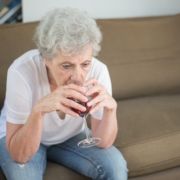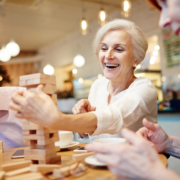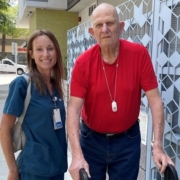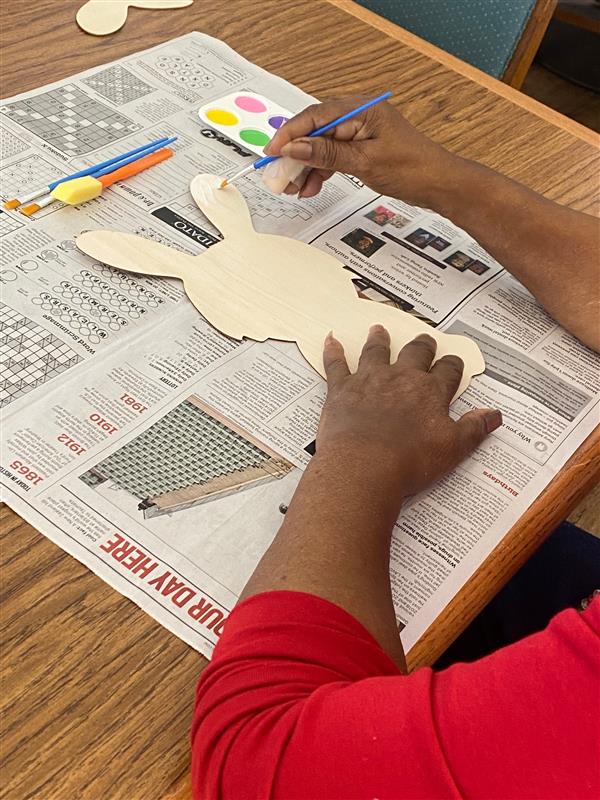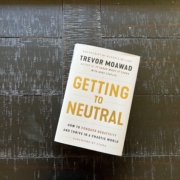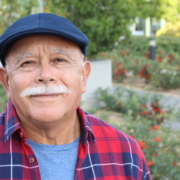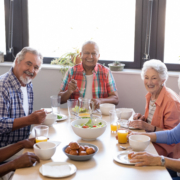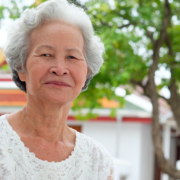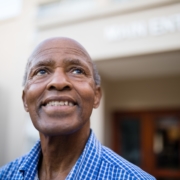How Controlling Blood Sugar Levels Helps Diabetes Patients
If you’re living with diabetes, controlling blood sugar levels is important. Many factors can help you manage this. The most effective things you can do to stabilize your blood sugar levels include eating nutritious meals and exercising regularly.
The Basics of Diabetes
Millions of Americans live with diabetes, a disease in which your body either doesn’t produce enough insulin or can’t effectively use it. As a result, your body can’t convert food into energy. Insulin carries glucose (sugar) into cells for energy. Symptoms of diabetes may include fatigue, blurred vision, heartburn, and frequent urination. If left untreated, diabetes increases the risk of serious health problems such as heart disease and stroke.
Diabetic Challenges: Managing and Controlling Blood Sugar
Managing diabetes and controlling blood sugar levels can be a difficult and lifelong process. To begin with, you need to monitor your insulin level regularly to see how you respond to food and activity. Stabilizing blood sugar levels can provide relief from many diabetes symptoms. High and low glucose levels can cause a range of health problems, such as:
- Hypoglycemia (low blood sugar)
- Neuropathy (nerve damage)
- Gastroparesis (digestive problems)
- Heart disease
- Blindness
Effectively managing diabetes can help reduce your risk of developing these medical conditions. Additionally, by taking action now, you can help maintain your quality of life regardless of diabetes.
Taking Action: Controlling Blood Sugar Levels with Diet
There are many natural methods for controlling blood sugar levels, including managing carbohydrate intake and exercising regularly.
Many people have difficulty stabilizing their blood sugar because they overeat, consume processed food, or enjoy too many sugary snacks. These foods cause blood sugar to spike, then drop again, leaving a person tired and irritable after eating them.
Blood sugar that is too high or too low can make diabetes symptoms worse. By stabilizing blood sugar, people with diabetes can find relief from pain and discomfort, often without medications.
To help manage blood sugar, eat whole foods like fruits, vegetables, and whole grains instead of processed snacks with little nutritional value. Beans, lentils, and oats can help stabilize your blood sugar levels, lower cholesterol and reduce your risk for heart disease. Also, these foods are excellent sources of fiber, which can help you feel full for longer after a meal.
How Exercise Can Help
It’s important to exercise regularly. Even small amounts, such as ten minutes of activity three times a day, can help control your blood sugar levels. Resistance exercises such as strength training with resistance bands, yoga, or lightweight dumbbells help build muscle and control glucose levels. Talk to your doctor to ensure you can safely exercise and see which activities fit your lifestyle.
Supporting the dietary health of seniors is just one way that WelbeHealth helps older adults and their families. Visit our FAQ page or contact us for further information.


